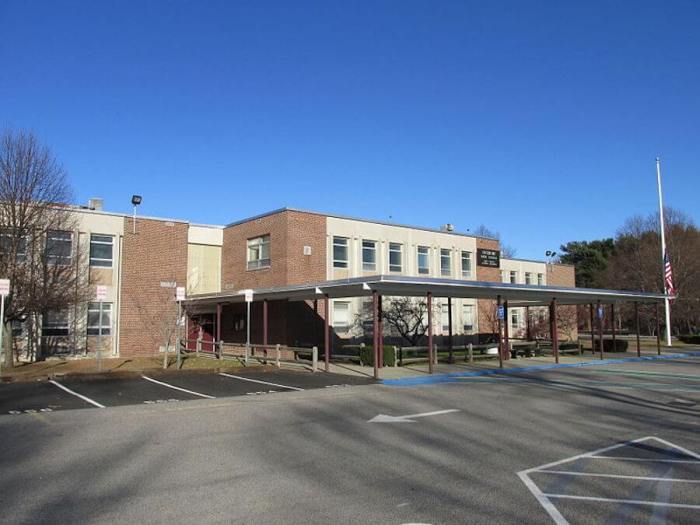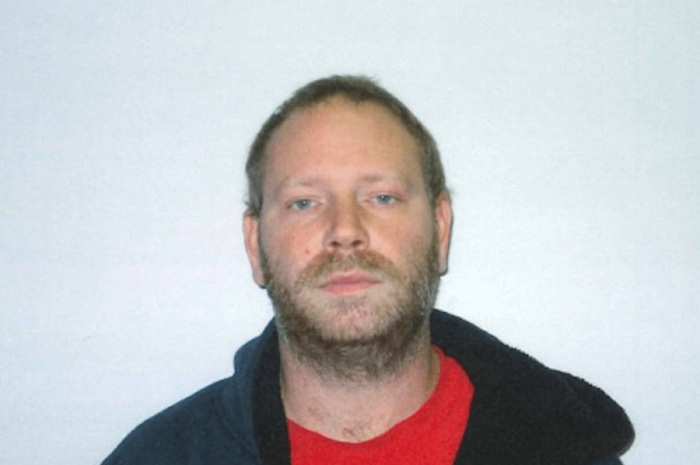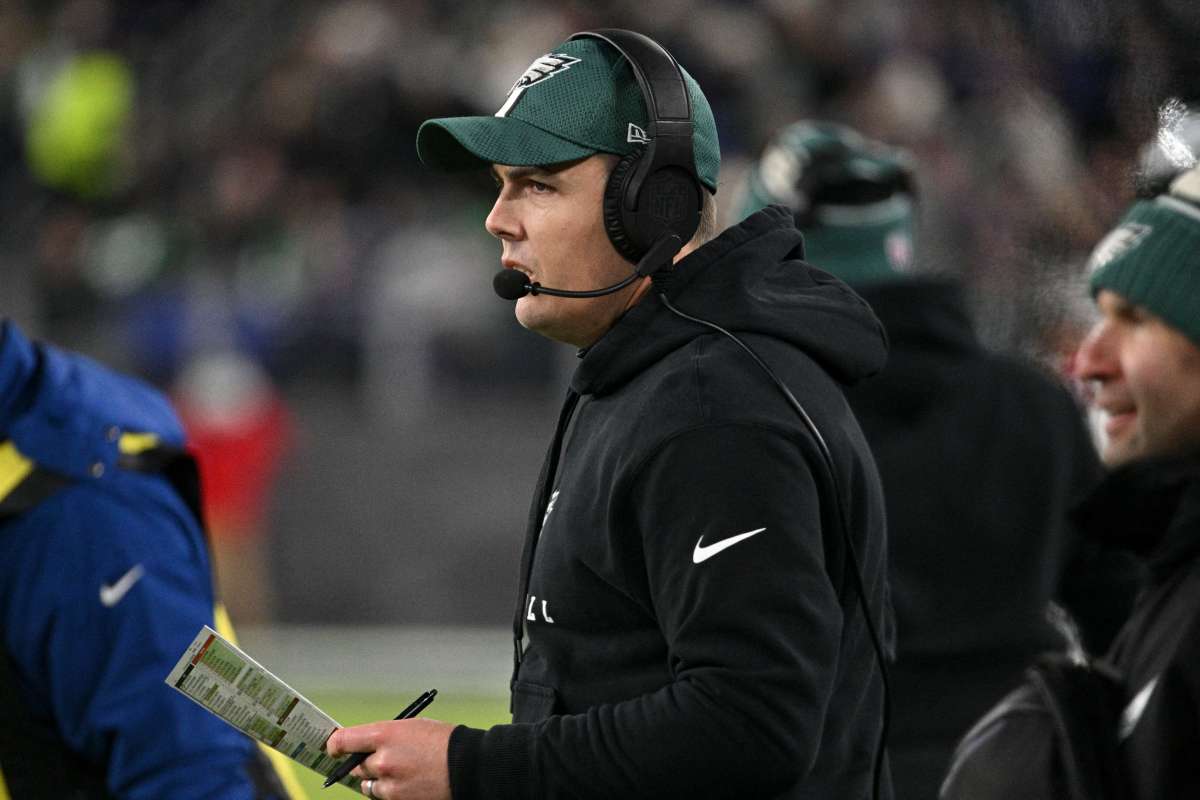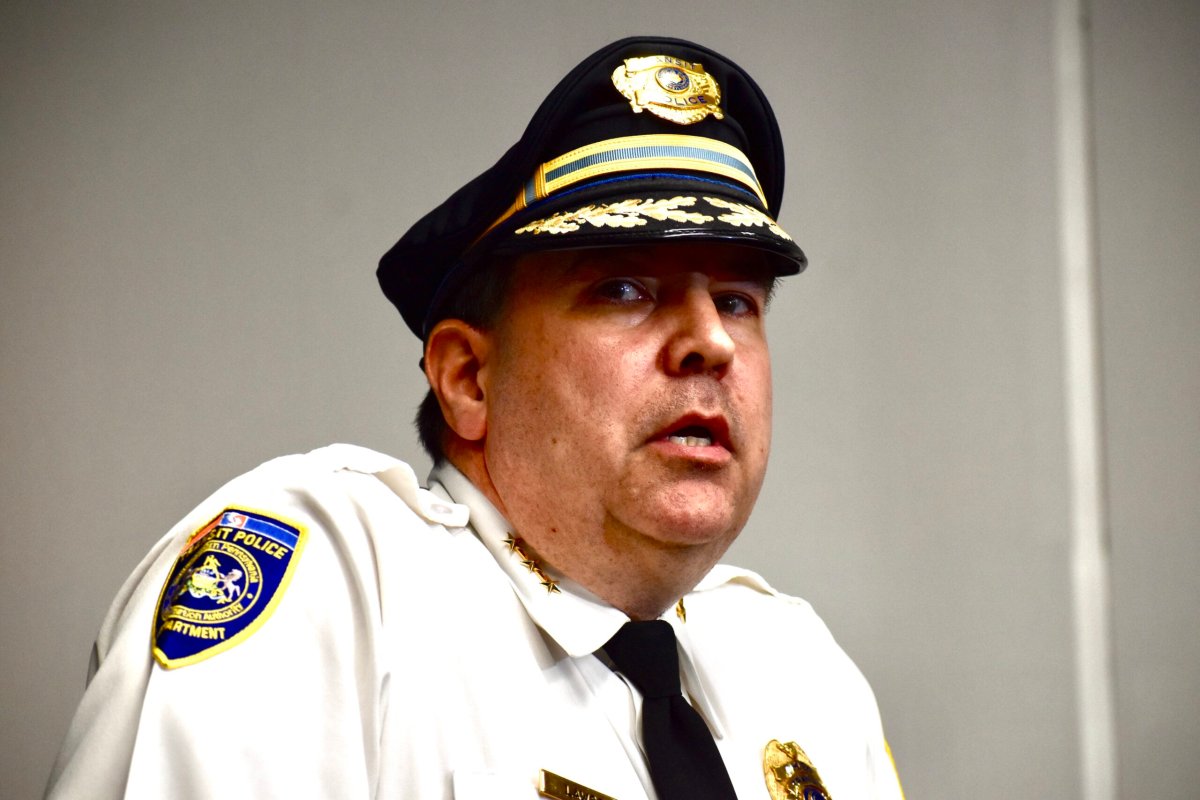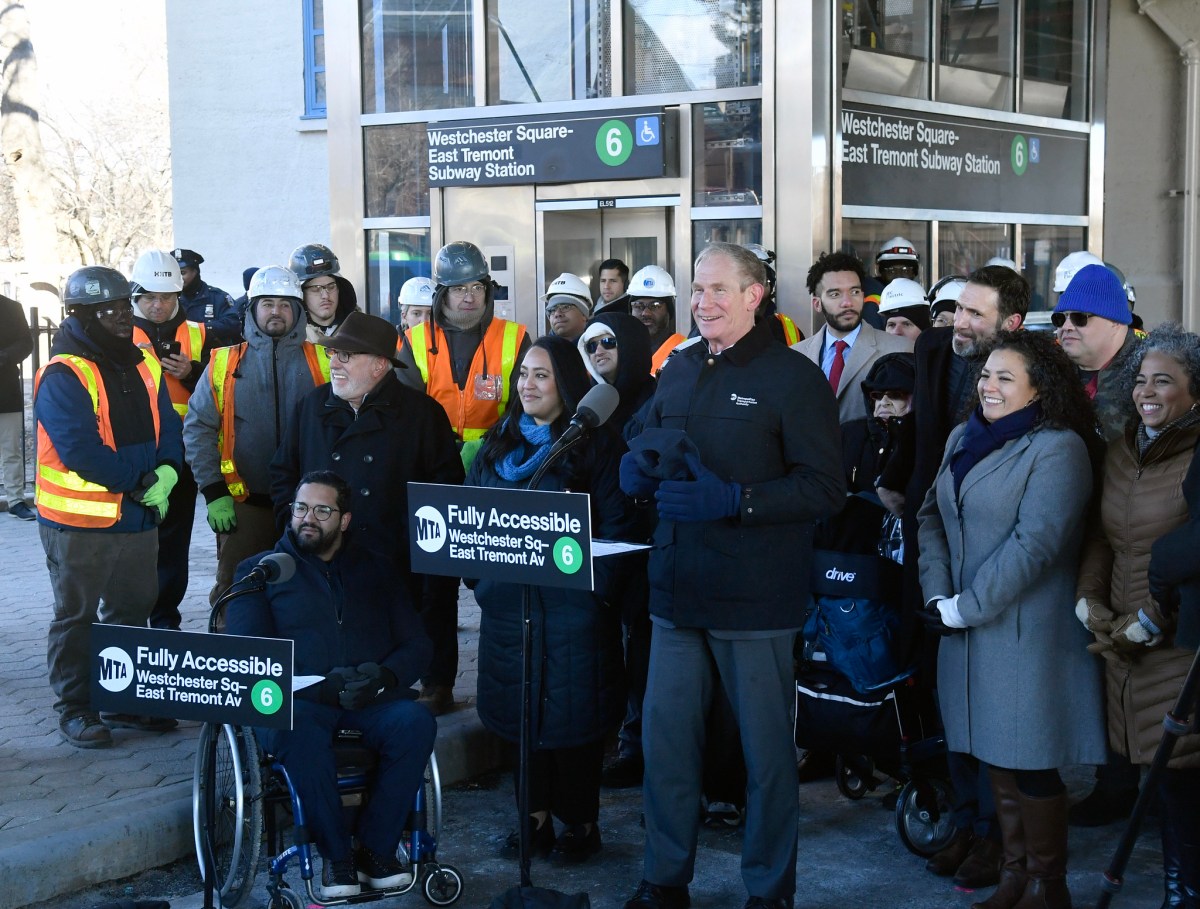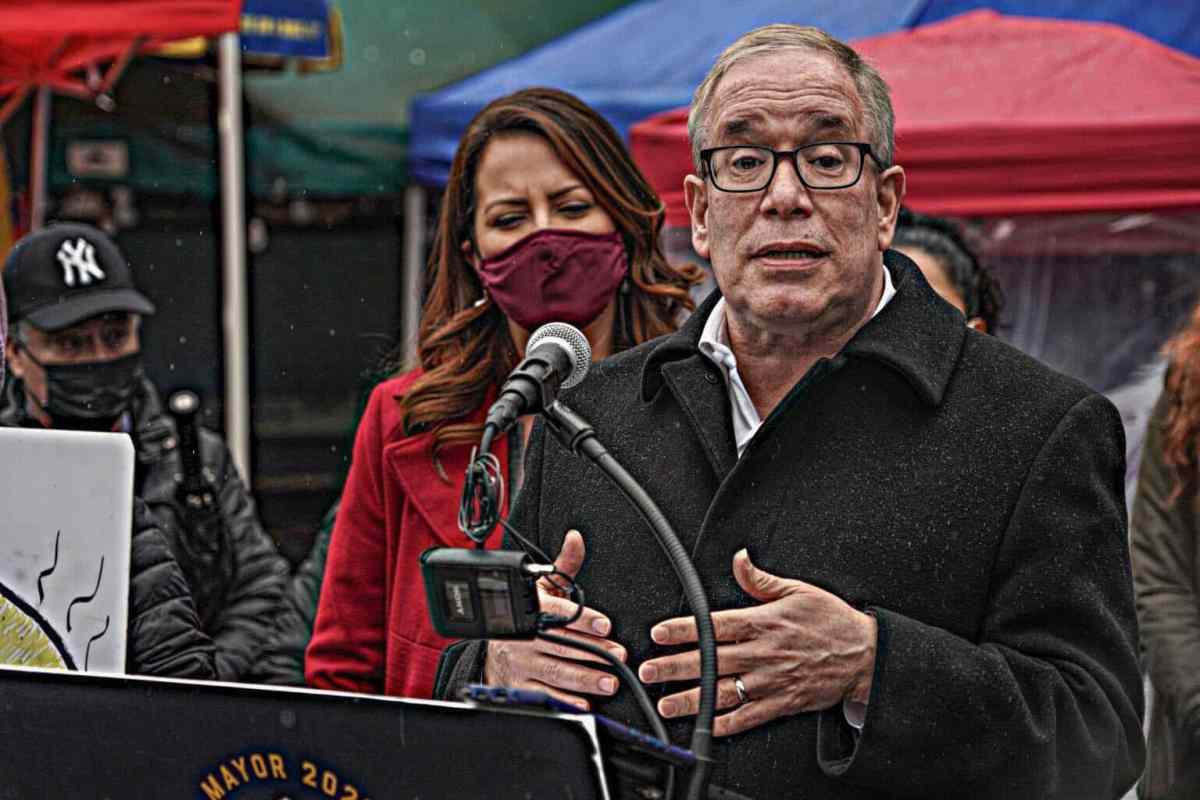One New York City social services agency is asking others to join its fight to stop child abuse while helping children to realize that they always have a voice — no matter how small they are.
In honor of April being Child Abuse Prevention Month, The New York Foundling — a New York-based charity that empowers children and families to live independent and stable lives — is launching a campaign to help support its Child Abuse Prevention Program (CAPP). Through CAPP — which was first started in 1986 —the organization is able to conduct workshops at schools across the city that teach young children to recognize, resist, and report abuse and neglect. Last year, atotal of 194 cases of child abuse and neglect were reported. RELATED:Parents, officials call for funding to be restored for summer programs for students “I think it’s important for children to understand what abuse is and what it isn’t and if they have a concern that they know that their voice must be heard,” said Marion White, senior program director of CAPP. During the month of April, The New York Foundling is asking people to join the fight to stop child abuse through sharing a photo representing their “inner superhero” — this could be a parent, relative or friend —and tagging @TheNYFoundling. Throughout the month each new follower the organization receives on its Twitter or Facebook accounts will lead to a $2 donation for CAPP. Throughout the campaign, followers are asked to use the hashtags #StopChildAbuse and #CallingAllHeroes.
The funds received from the campaign will allow CAPP to continue reaching out to more schools and educate even more children and school staff on identifying and reporting abuse.
“There is more of an open discussion about it, it’s not as secretive as it once was but I think there is still a lot to be done on how we personally and as a society value our kids,” White said. Each year two teams of prevention specialists go out to schools across the five boroughs with each team reaching 10,000 kids per year.
At the schools, the teams interact with an auditorium full of third- and fourth-graders by using sets of Kids on the Block puppets that through skits discuss examples of what kind of touches are good and which are not; what kind of punishments are safe; and also discussing sexual abuse. The team members talk to the children about questions they might have and also tell each of them to trust their feelings when certain things occur and trust a person to whom they can speak.
When the workshop ends, the children are allowed to stay and ask questions or speak one on one with a prevention specialist about concerns they might have or if anything has happened to them.
For many of these children, White added, speaking out is the first step toward getting help not only for themselves but their family as well.
“It’s not surprising if the child is mistreated or neglected that as a teenager they are not going to make good decisions,” White said. “The way we treat kids has serious damaging repercussions to not just the kids but society as a whole.” For Cindy Billigmeier, who works as a guidance counselor at P.S. 195 in The Bronx, having the CAAP come to her school was an “unbelievable” experience that helped many kids open up.
“The amount of children that come into contact with some sort of abuse I think the percentage is very high and we just don’t know about it,” she said. “This really gave them that outlet.” She added that the workshop allowed students —who normally go under the radar and don’t raise any flags — to express themselves and bring to light some issues.
After the sessions at the Bronx elementary school, 23 children out of 140 decided to stay after the workshop to speak about certain questions and issues that they had.
RELATED:NYC art students reconstruct faces using skulls from real cold cases “Knowledge is power and it is giving them that incident and the ability to make these decisions and to know what is right and what is wrong,” she said. “You begin to question it because you have someone standing there telling you it’s not right…They’re at least questioning it.” And although she said that the issue of child abuse is one that she sees a lot of, she is happy that a program like CAAP exists because it gives not only the children — but also families—the chance to take the first step to make a change. “It’s not a secret, nor should it be,” Billigmeier said. “And the kids need to have a safe place and feel like they have a voice and they need to feel like they can take control of that.” For more information on CAAP or to see if the program can be brought to a specific school, visitwww.nyfoundling.org.


